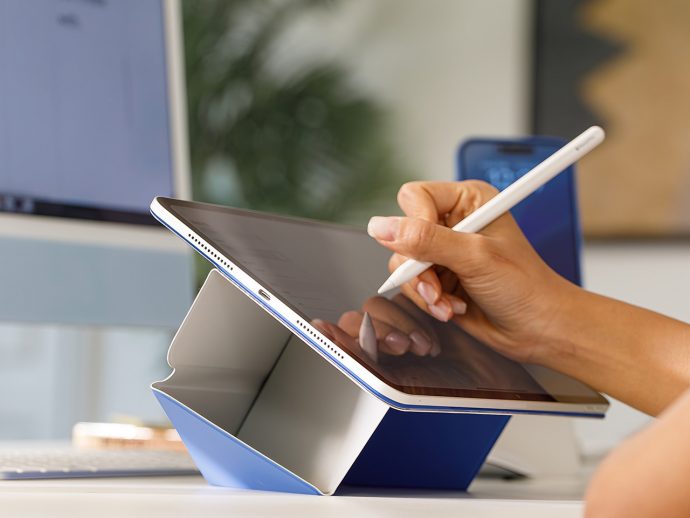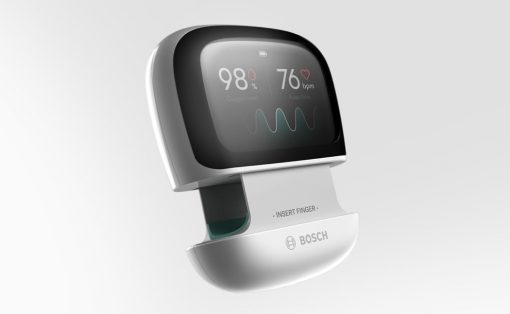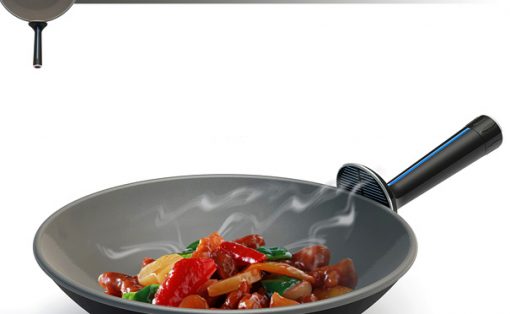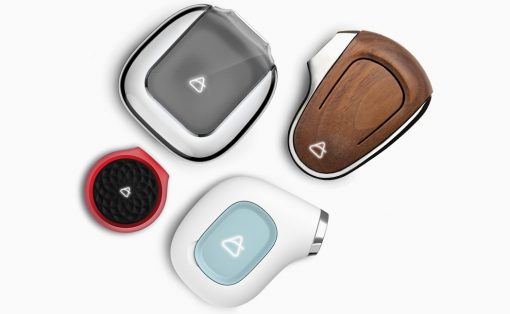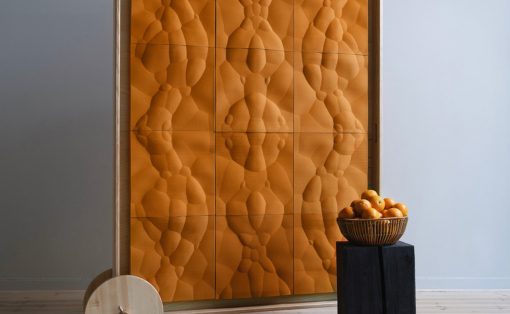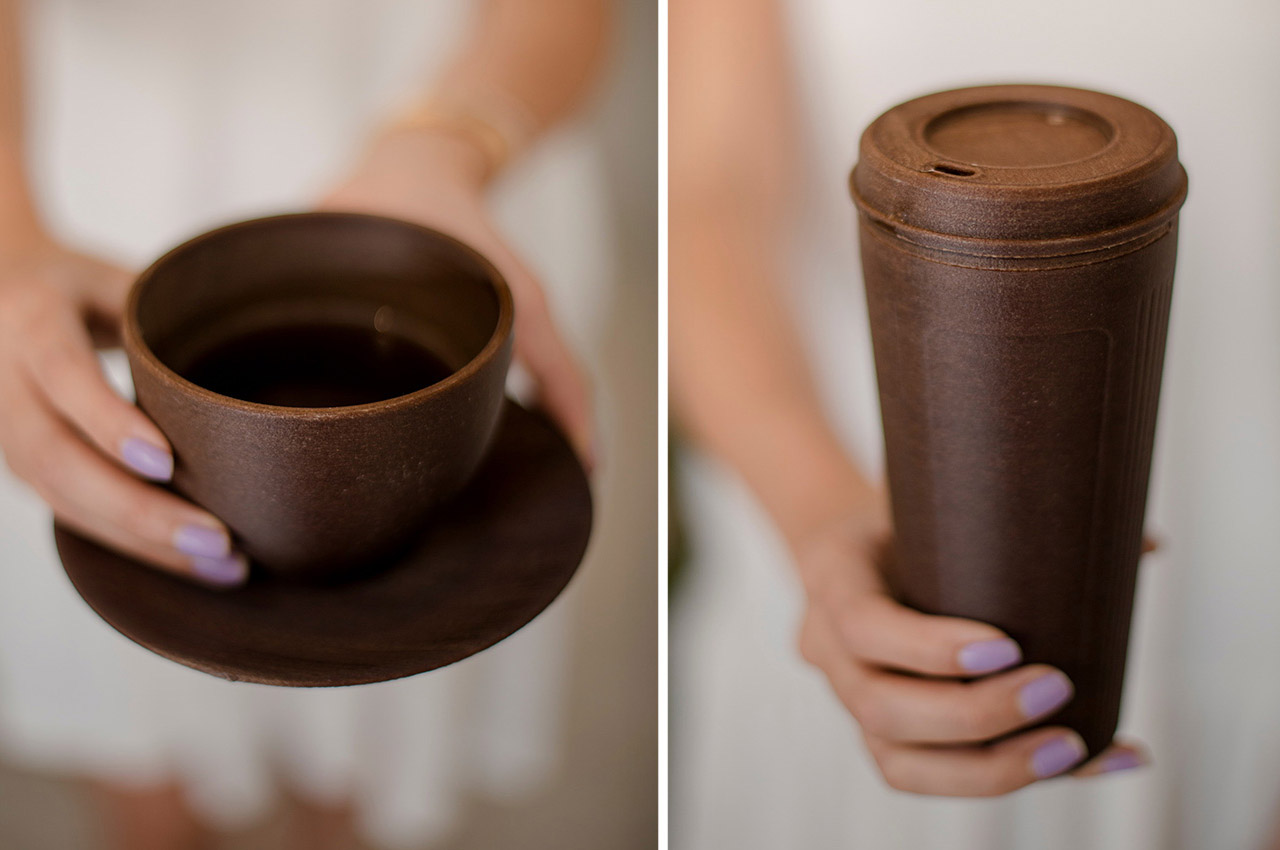
Our unhealthy practices and way of living are truly harmful to the environment and have been slowly leading to its deterioration. And the world has been changing (for the worse) because of this. Hence, it is extremely important to live sustainably and consciously and to take care of the environment. Integrating sustainability into our day-to-day lives has become crucial! And we can do this in various ways. Designers and creators are coming up with sustainable alternatives for almost everything! Every product that is necessary and utilized by us in our everyday routine has an eco-friendly alternative to it. Replacing our usual mass-produced designs with these greener options will make a huge difference to the environment and Mother Earth. From soap packaging made using artichoke waste to sustainable bio-leather – we’ve curated a whole collection of sustainable product designs to help you go green!
1. The Kreis Cup
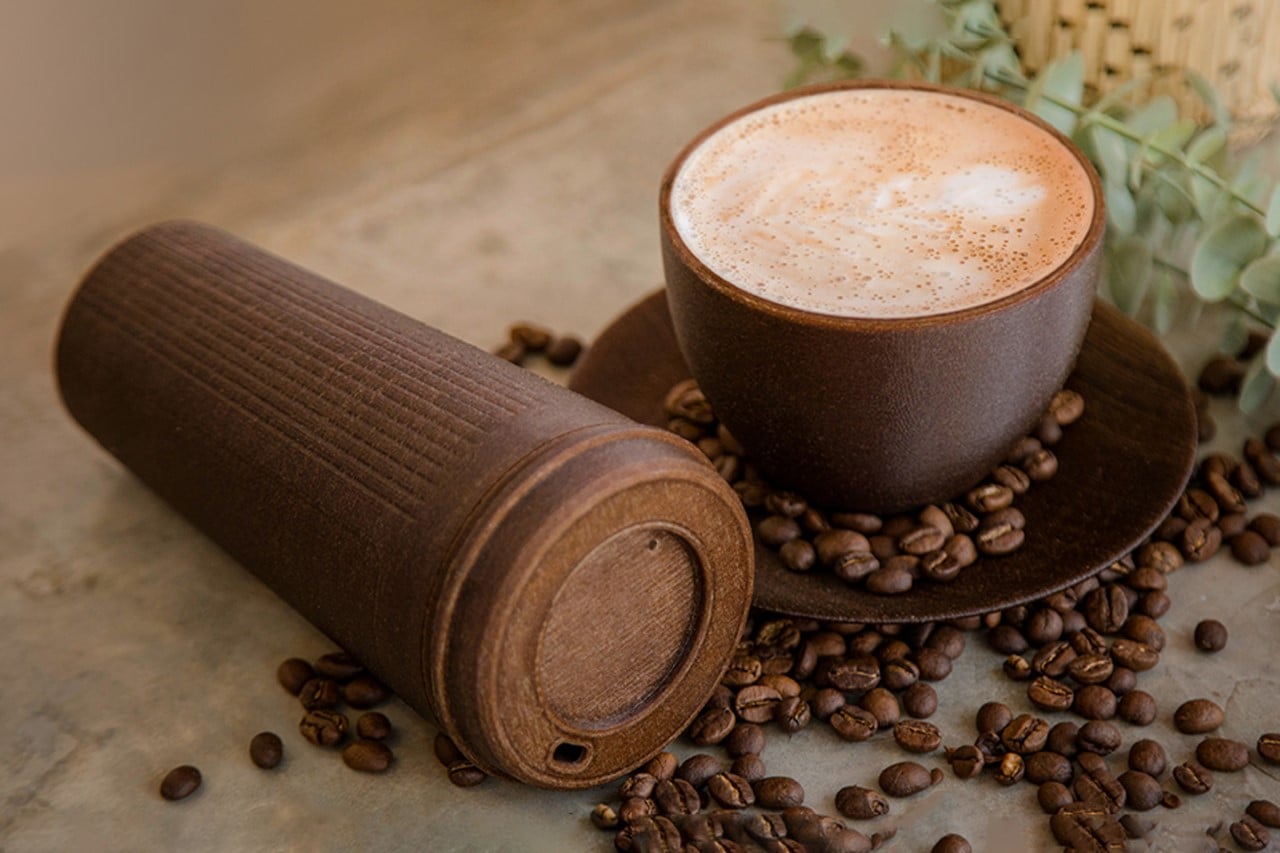
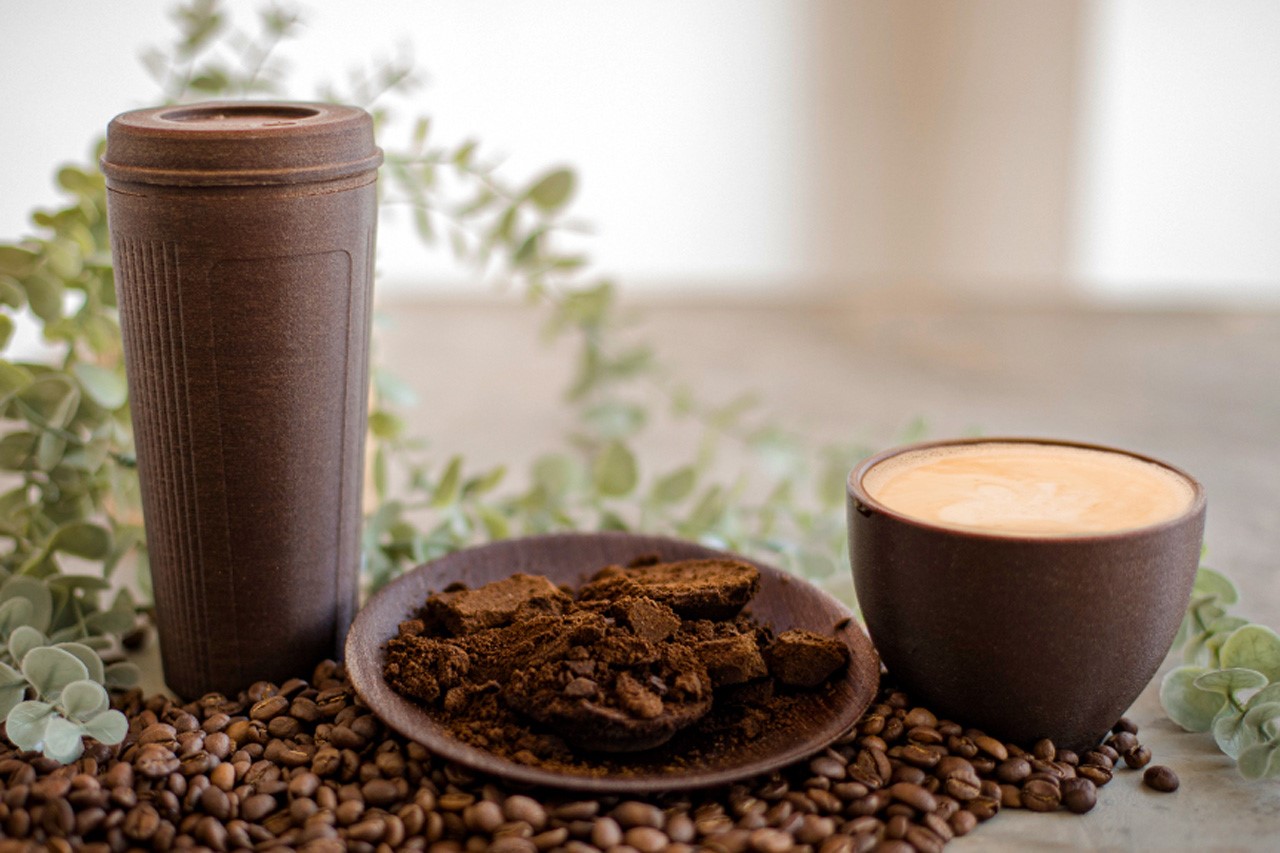
Meet the Kreis Cup, a coffee cup that’s sustainable, durable, and designed to enhance your coffee-drinking experience! Available in cup and travel-mug styles, the Kreis Cup is a reusable cup made from used coffee grounds and plant-based materials, free of petroleum-based plastics.
Why is it noteworthy?
It is heat resistant and designed to keep your coffee hot longer. That being said, the Kreis Cup is still ultimately biodegradable, unlike plastic-based to-go mugs you get at your local cafe or the breakable ceramic mugs you use at home. Once it reaches the end of its lifespan, the Kreis Cup disintegrates easily into the soil, leaving absolutely nothing behind.
What we like
- Made from spent coffee grounds that have been dried, treated, and then suspended in a natural, plant-based polymer
- Has the faint, unmistakable scent of coffee
What we dislike
- No complaints!
2. Packioli


A Turkish designer was able to come up with soap packaging called ‘Packioli‘ that is both hygienic and non-plastic and therefore more eco-friendly. One thing missing from most similar products is convenience and she was able to add it to this as well.
Why is it noteworthy?
She used artichoke leaves and combined them with peapod bioplastics in order to create packaging that commercial soap brands can actually use if they really wanted to be more eco-conscious in creating their products.
What we like
- The packaging itself can last for a week if it gets wet and afterward, it starts disintegrating in the water
What we dislike
- People may find the look of the packaging a bit eccentric and odd
3. Kudarat
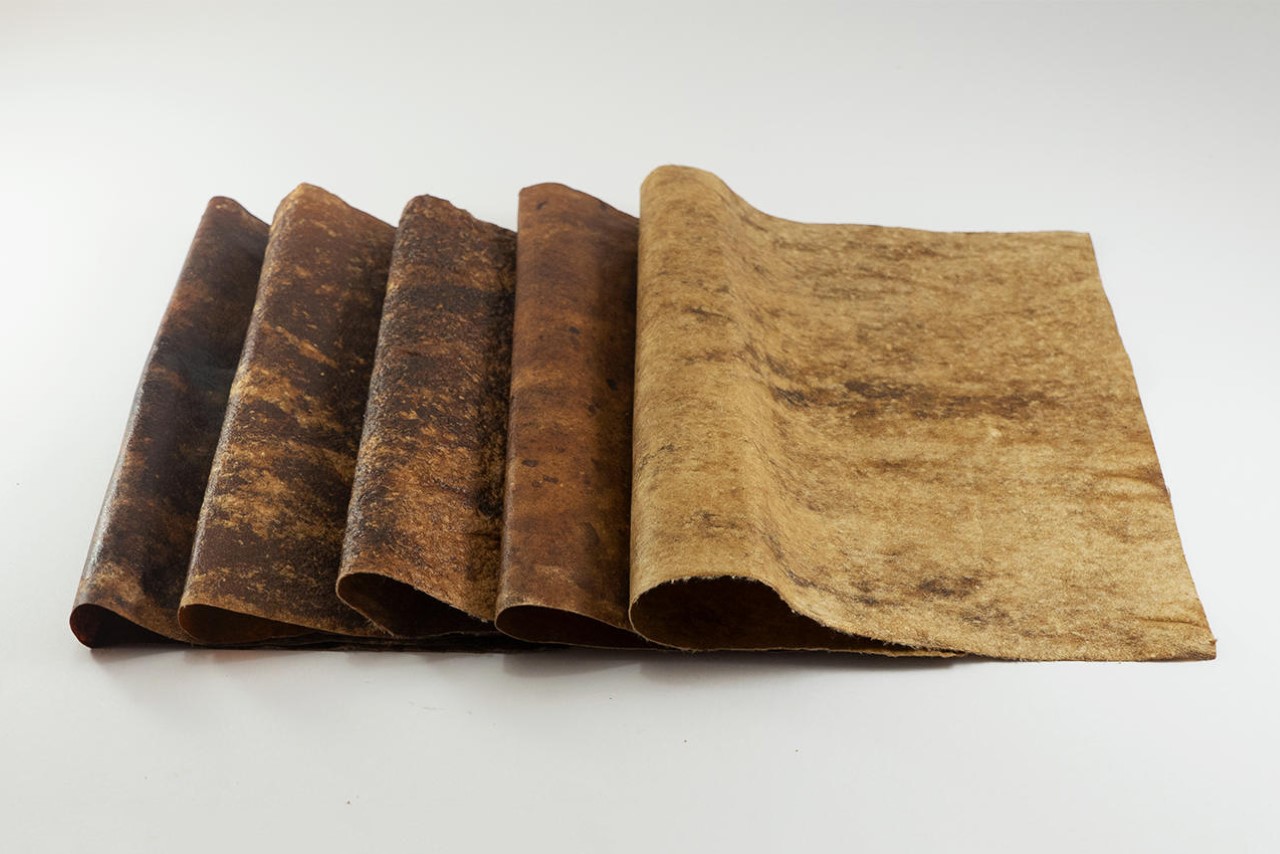
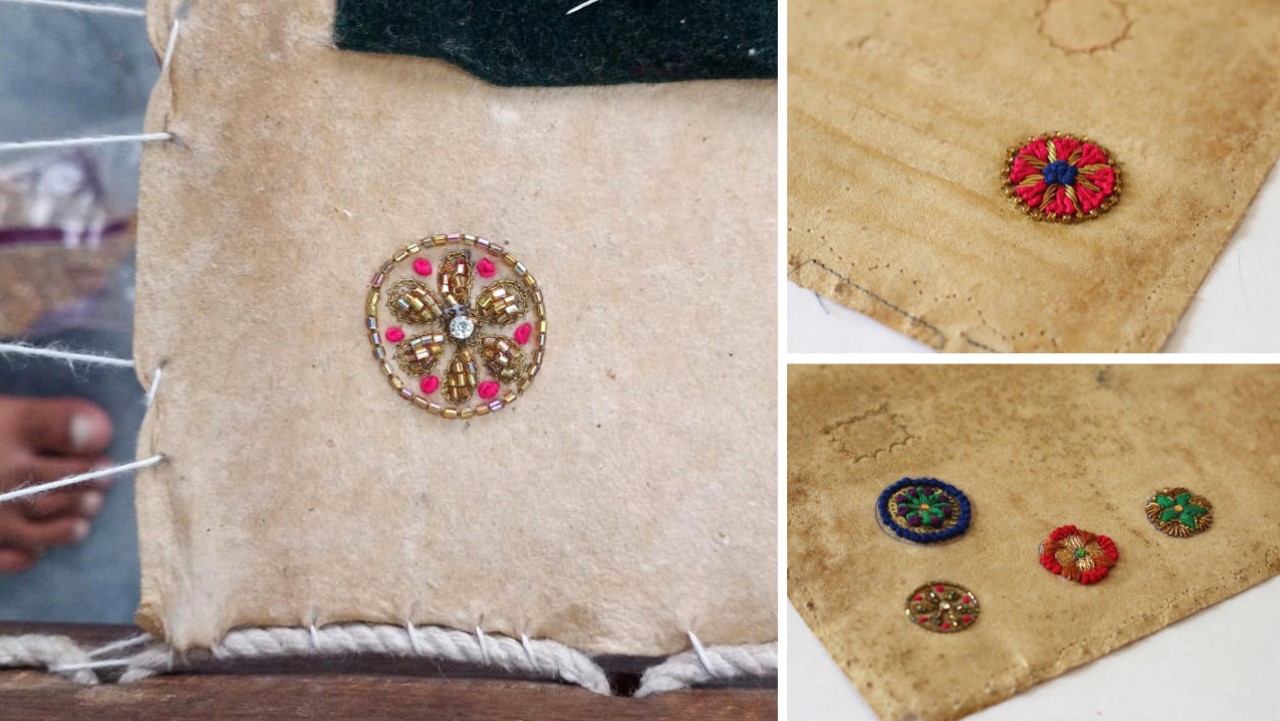
Meet Kudarat, a leather alternative synthesized using algae, food & fiber waste. Created by Divya Verma of the National Institute of Design in India, Kudarat bases itself on the concepts of circularity & sustainability, targeting SDGs (sustainable development goals).
Why is it noteworthy?
Kudarat leather resembles animal leather but is cruelty-free, waterproof, compostable, antimicrobial, and possesses good tensile strength, making it perfect for practical applications. It secured the National Runner-Up position at this year’s James Dyson Awards, narrowly being beaten by a design for a reusable EpiPen.
What we like
- They’re dyed using natural colors derived from food and flower waste
- The leather looks, feels, and lasts as long as traditional animal-hide
What we dislike
- No complaints!
4. The Third Size


The Third Size is a product concept that utilizes rice straw to create not just the tissue but the boxes they come in as well. As anyone who has lived without a bidet or who suffers from various allergies and sicknesses, tissue paper is among the most used materials. In reality, just a small part of it is used and the rest is discarded. Re-using it comes with so many hygiene and medical issues. Some of them come in disposable boxes so the container is also part of the waste.
Why is it noteworthy?
Using biodegradable and recyclable materials like rice straw can help in limiting wastage. Third Size is a multi-size carton that can hold replaceable tissue packs. The different-sized holes let you choose which size tissue you’ll be needing, whether to blow your nose, wipe off a table, or do your business in the bathroom. The box is sturdy enough to be re-used several times over and can even be used as a container for other stuff if you have no need for tissue paper.
What we like
- Helps in limiting wastage
- The box is sturdy enough to be re-used several times over
What we dislike
- No complaints!
5. Nike Forward
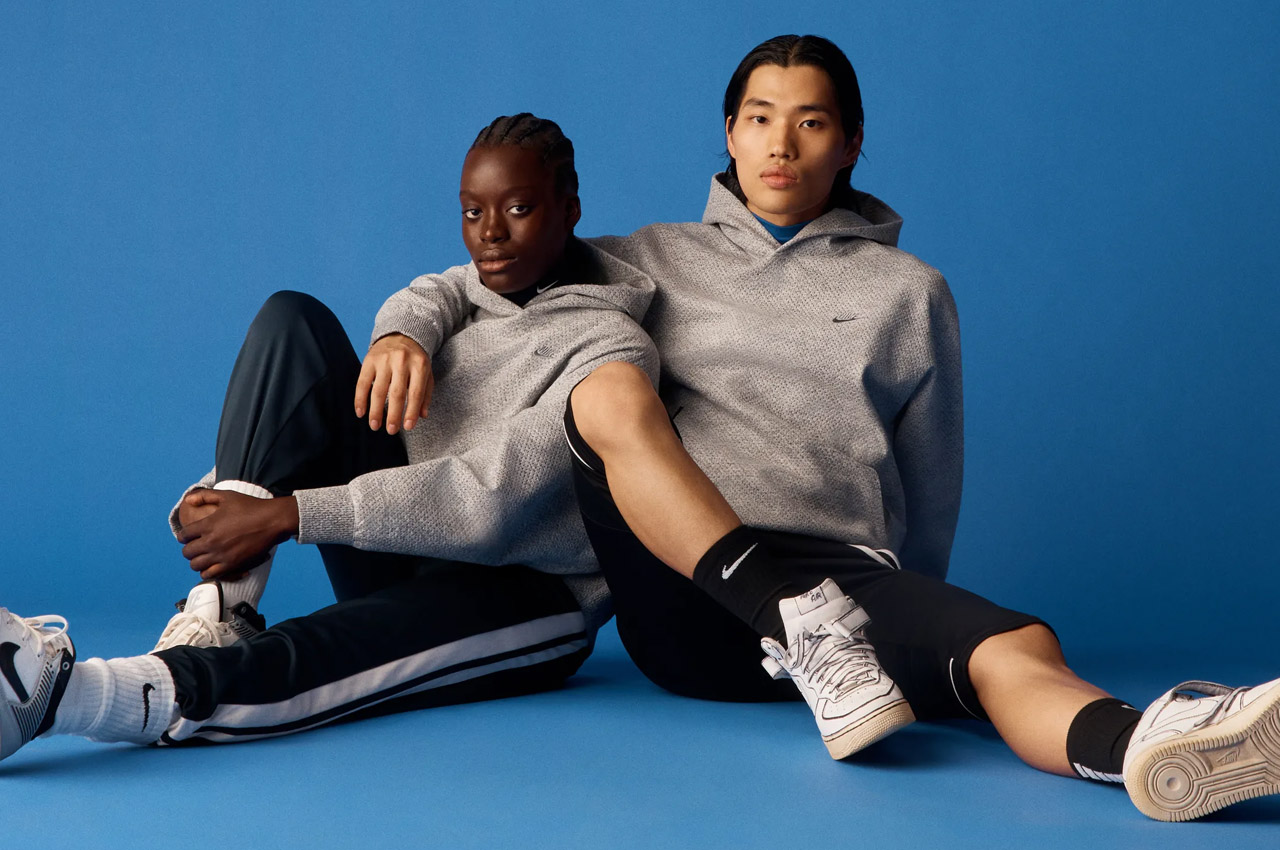
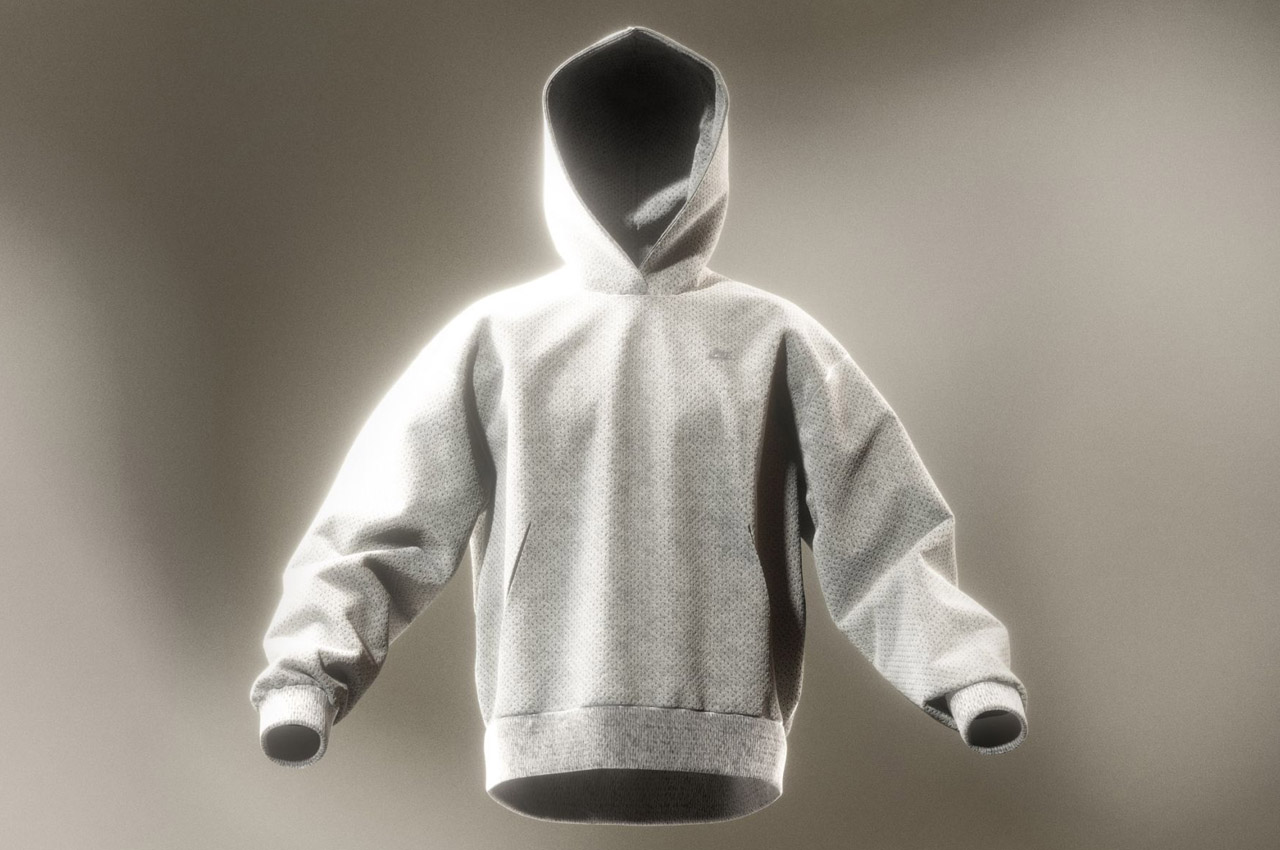
Nike has consulted athletes around the world who have a common consensus – climate change is a barrier to sport. To break the jinx, the Oregon-based apparel brand has Nike Forward as the answer.
Why is it noteworthy?
It’s an innovative material fabrication method that reduces carbon footprint by 75 percent. The reductive approach eliminates some levels of the multi-stage production cycle involving spinning, knitting, cutting, sewing etc. Instead, the brand uses punch-needle machines to turn fiber into textile, while being considerate of it not being treated with any dyes.
What we like
- It employs zero water in production
- Less dense compared to the normal hoodies we all wear
What we dislike
- No complaints!
6. The Adidas RPT-02 SOL
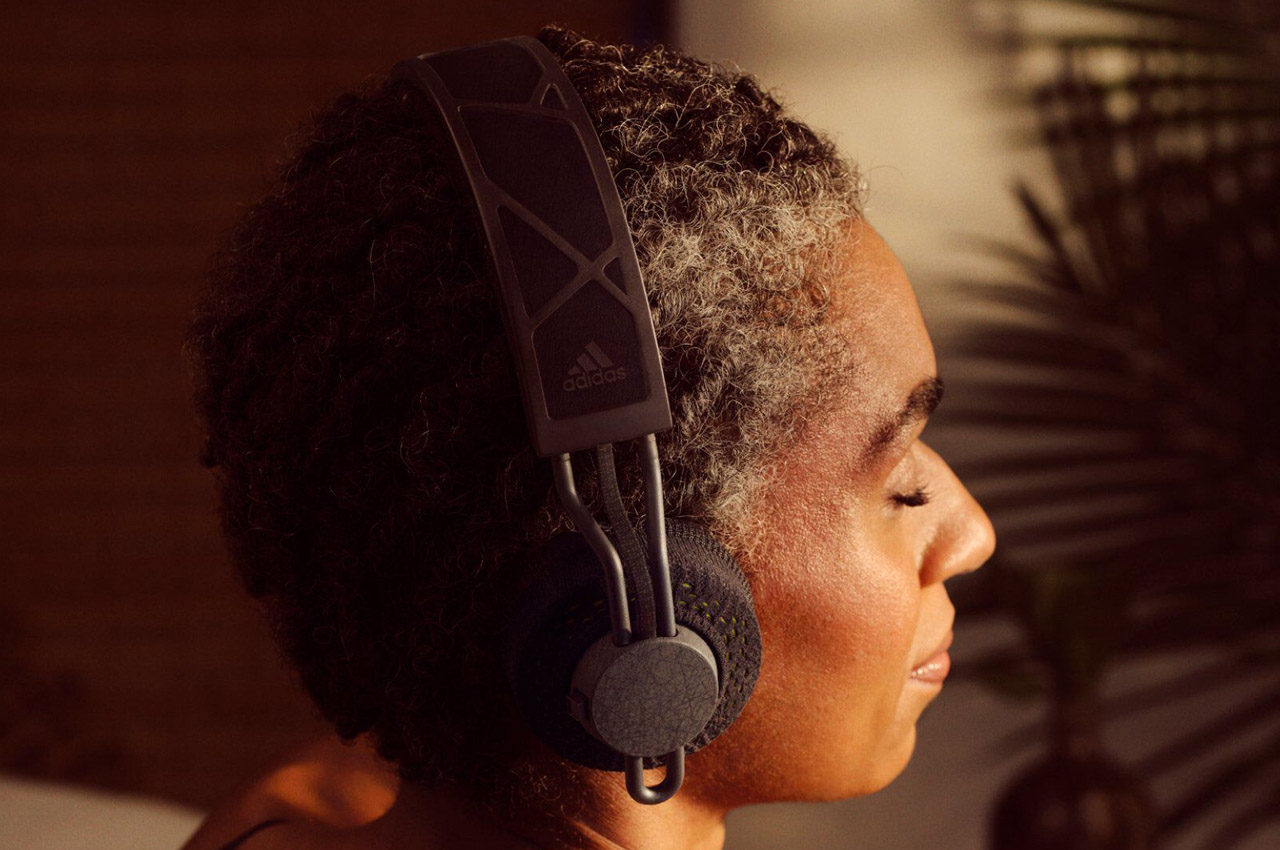
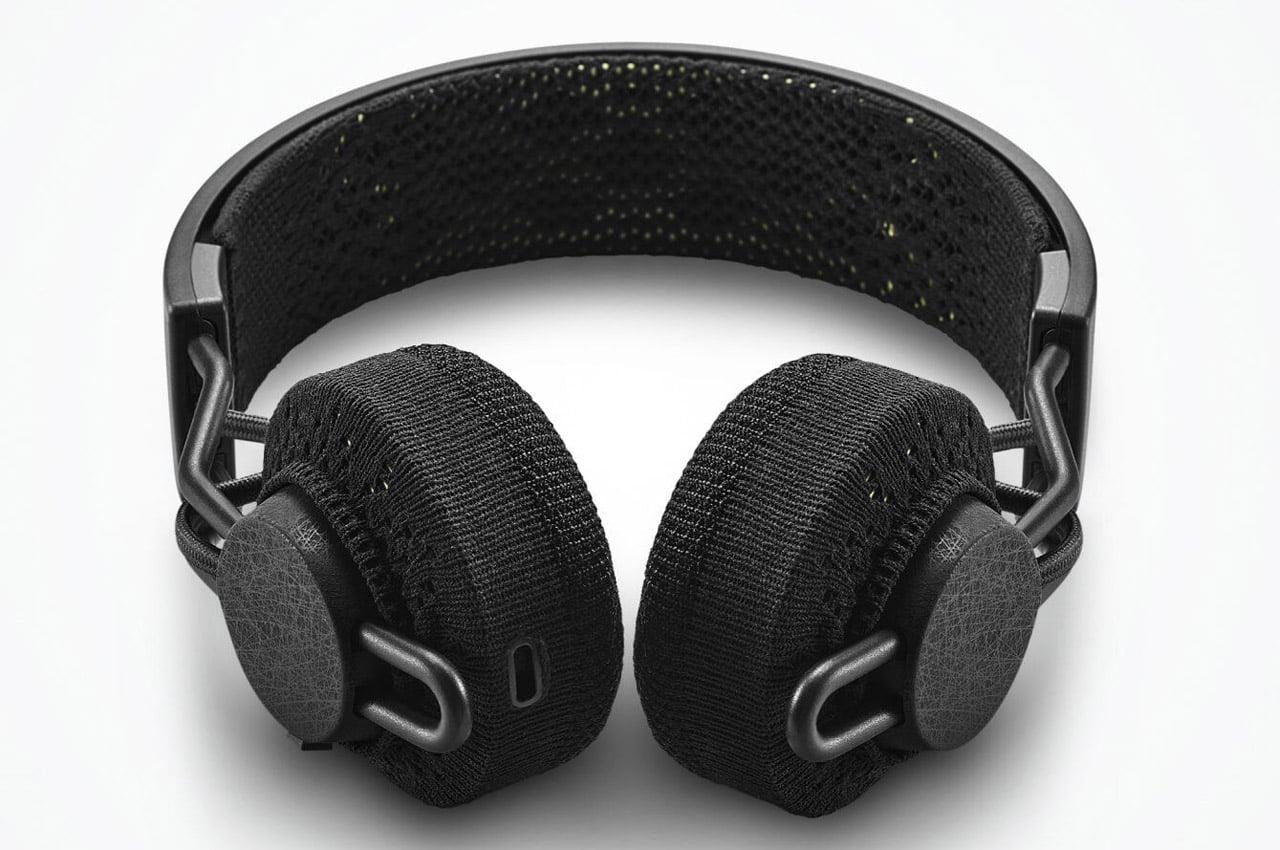
Dubbed the Adidas RPT-02 SOL, these pair of over-the-ear cans juice up with natural light or even artificial light. So, they’ll not need to recharge any time soon. These headphones are a follow-up to the RPT-01(not solar-powered) and promise almost double the playback time at around 80 hours. Not to forget that the RPT-02 SOL are solar powered, and the battery keeps topping up as long as you are exposed to good lighting conditions.
Why is it noteworthy?
Another merit of these IPX4-rated headphones is their build – crafted out of recycled plastic and nylon. Now coming onto the solar charging capabilities Adidas has left nothing to chance. They’ve used a highly flexible light-cell material by Powerfoyle (a Swedish solar tech company) that brings to the fore superior energy capture and charging capabilities even in artificial light.
What we like
- Just in case you have been in the dark trenches and the battery depletes, it can be charged via a USB-C port
What we dislike
- No complaints!
7. Remix Maison


Remix Maison is a collaboration between designer Irina Flore and Native Shoes using the latter’s material called Native Shoes Remix. This proprietary material is made from repurposed footwear, specifically using EVA (Ethylene Vinyl Acetate) and rubber.
Why is it noteworthy?
The shoes that are no longer in use are cleaned and then ground into a new kind of material and then used for other purposes. The sculptural structures also use metal for its frame. For this particular collection, they have created a piece of furniture that also looks like a piece of art.
What we like
- Created from repurposed materials
- Sturdy and ergonomic
What we dislike
- No complaints!
8. The P-LOGIC Chair


The P-LOGIC chair is a product concept that wants to combine “functionality, aesthetics, ergonomics, and sustainability”, four aspects that when put together can be the perfect kind of furniture. The chair is actually also a desk and is shaped uniquely with waves and curves that are not just for design purposes but can also be functional.
Why is it noteworthy?
This piece of furniture is created specifically for children 5-8 years old and is made from sustainable materials and sports an eco-friendly design. The entire chair is made from wood from sustainable forests and the table part is actually made from recycled PET thermoplastic polymer. Basically, it’s actually from bottle caps that have been recycled, chopped, melted, and sanded down.
What we like
- It’s a good way to teach eco-friendly and sustainable design to the kids who will be using them
What we dislike
- No complaints!
9. Plastplan
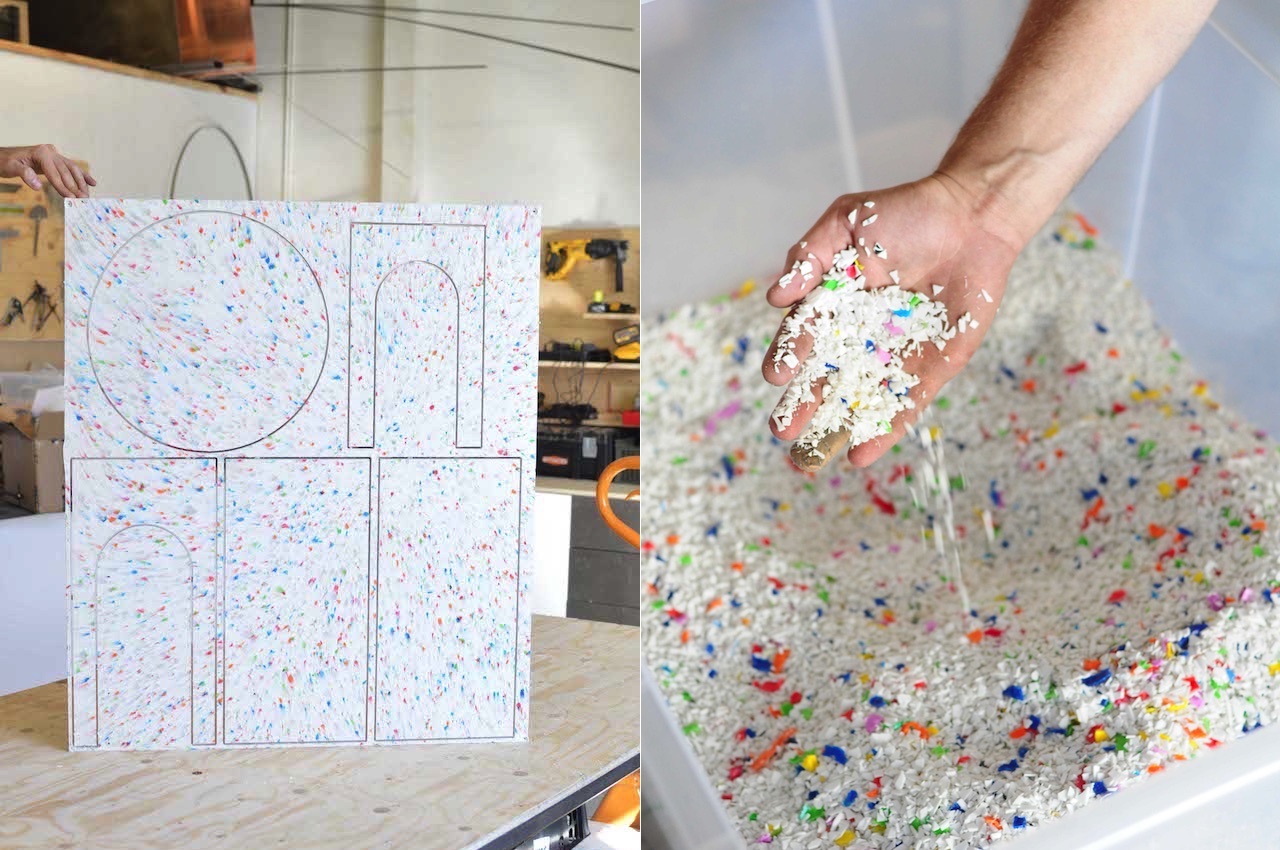
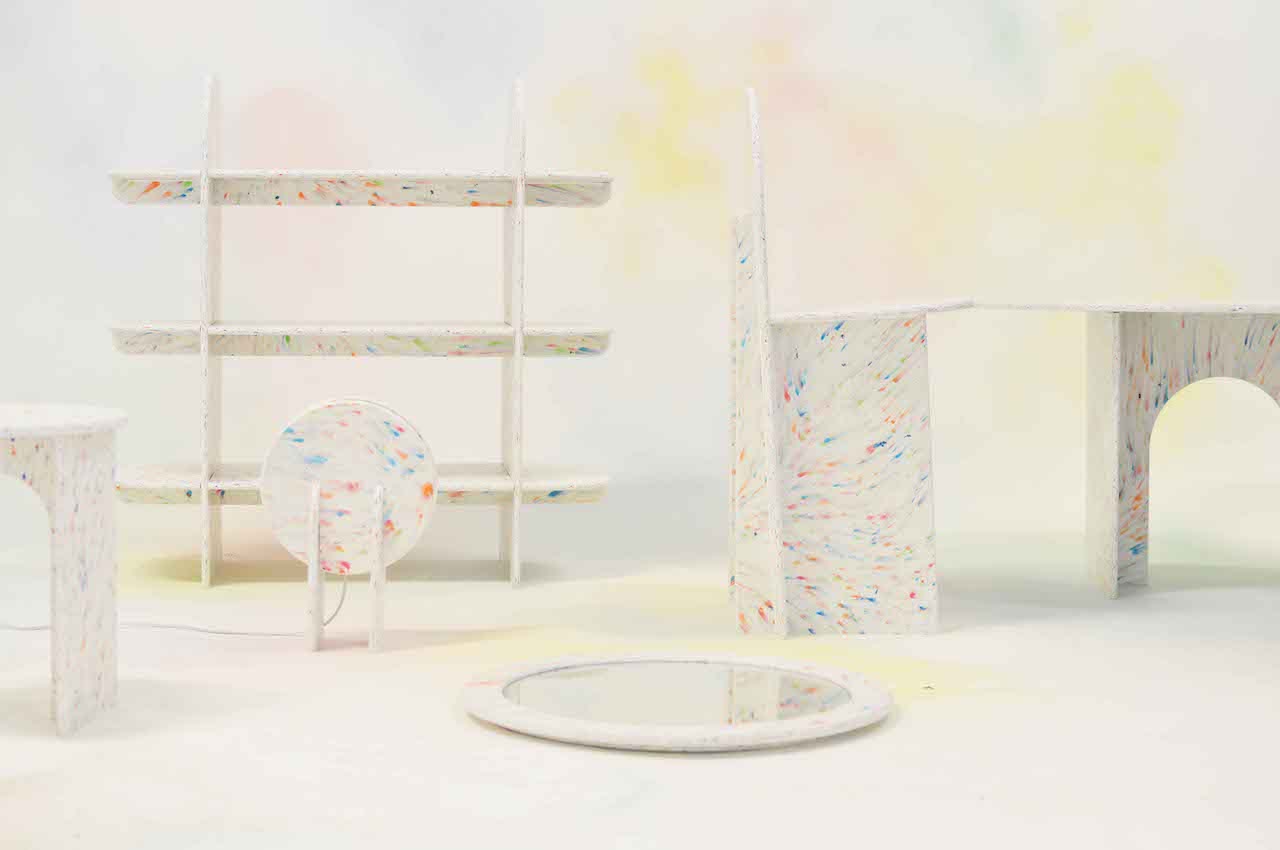
The design studio based in Iceland aims to help make a sustainable planet by resolving society’s excessive use of plastic. It may not achieve the ultimate solution but every little effort matters when it comes to the planet’s future. With the idea that recycled plastic has potential, Plasplan combines the concepts of product designers Björn Steinar and Brynjólfur. With the latter’s background in mechanical engineering and computer science, the pair can work on a collection of household goods and furniture items made solely made from recycled plastic.
Why is it noteworthy?
Initially, Plastplan was formed as the founders wanted to start an educational platform where plastic is discussed. It’s not just about the proper use or disposal of plastic. It’s about making it go full circle, as per Björn Steinar. The circular economy of plastics starts with shredded plastic and then transforms into real objects. The series includes a wall shelf, chair, stool, mirror, coffee table, table lamp, and flower vases.
What we like
- The studio also has developed its own industrial 3D printer that allows them to print large-scale items without spending on molds
What we dislike
- No complaints!
10. Aromanordic Inhaler


This Aromanordic inhaler from Thailand brings not just the healing qualities of herbs but also a part of its cultural heritage. What makes the Aromanordic Inhaler stand out from other similar products in the market is that it incorporates nature and culture in its design.
Why is it noteworthy?
The case of the inhaler is made from natural wood instead of the usual metal or plastic outer body. It is made from rubberwood scrap material so it’s also sustainable. Since the inside is refillable and replaceable, you don’t need to throw things away when you’re done with it.
What we like
- Aside from being more aesthetically pleasing, the wood also absorbs the scents of the herbs that are inside
- Since the inside is refillable and replaceable, you don’t need to throw things away when you’re done with it
What we dislike
- No complaints!


